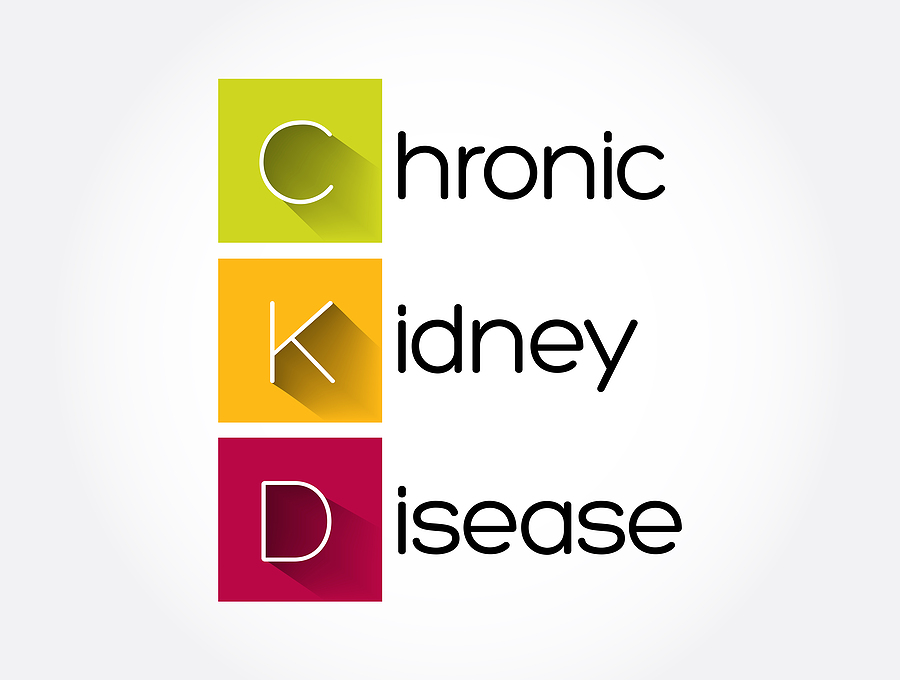You have probably seen us mention VA disability before here and here. Our position bears repeating: claim what you have and don’t claim what you don’t have. A lot of times, people aren’t sure what to claim, and that is why we give that advice. If you have a medical condition now, or a previous one that has been resolved, it is fair game to claim. If you have been keeping something from the military, but want to get treatment from the VA, that is okay too. However, the most important thing is actually to receive the treatment.
The FAA doesn’t really care about the percentage of your disability; they care about what medical conditions you have. Perhaps most importantly, they want to know how you are doing. Did you have a broken ankle last week? They care a lot. Did you have a broken ankle 3 years ago and make a full recovery? They don’t really care.
Let’s stick with the broken ankle example for a bit. A broken ankle is an acute injury that should resolve over time with proper treatment. Ongoing problems from an ankle fracture would be rare and unlikely to cause difficulty flying aircraft. Compared to something like diabetes, which is a chronic medical condition, and requires ongoing care, likely for life.
If you report a history of a broken ankle on your MedXPress and to your AME, with or without an associated VA disability, the AME is well positioned to evaluate that ankle. Broken last week, is still in a splint and unable to walk … you aren’t getting a medical that day. Broken 3 years ago and can demonstrate full functionality in the exam, you’ll be just fine.
What about diabetes though? If you have fairly low-grade type 2 diabetes managed with oral medication, the tests and exam the AME perform won’t catch those. If you don’t disclose them to the AME then he won’t be able to ask for recent doctor’s notes in order to determine just how well you are doing. The AME only knows what you tell them and what they can observe.
This is going to be similar to mental health evaluations. No one wants a Germanwings or China Eastern to occur with our pilots. It can be very easy to slip past an AME with a significant mental health disorder if you can hold it together for the 15-20 minutes you spend at the AME office. Not all mental health conditions are chronic, but they can be. Acute or chronic, the FAA wants to know if you are safe to fly; they are going to want reports and data to make that determination.
What does this have to do with the VA disability process? When you separate from the military they offer you all types of chances to disclose your medical history and have evaluations. One of those is a mental health evaluation.
Picture this: you are separating from the military, maybe at a base far from home. You don’t have a job or a place to live lined up yet. You aren’t sure if you are going to go to school or get a job. Your command is preparing for deployment so they won’t give you as much terminal leave as you have remaining on the books. You have an uncertain future ahead of you. The VA gives you a schedule of appointments. One of them is a mental health evaluation. How do you think that evaluation is going to go?
If you perform a 30-minute psychological interview with anyone on a bad stretch of time, you could easily diagnose them with a number of mental health issues. Most commonly these would be anxiety, adjustment disorder, and depression. But here is the thing – you are actually having a normal reaction to your current situation.
Fast forward a few months, you have found a group like RTAG, and you have done your research about how to get the majority of your pilot ratings paid for by Veteran benefits. You are excited about the new direction for your life and have never felt better. A week before you go to get your FAA medical with your local AME, right before you start your flight training, you get your VA disability rating letter in the mail. You have received a 30% disability rating for anxiety with depressed mood.
By law, you now have to disclose this mental health diagnosis on your MedXPress as well as acknowledge it as a disability. Referencing the above, you will need to provide proof of treatment and resolution. The problem is, that you didn’t know you had this diagnosis before that letter arrived. You have never received treatment. You have no proof of resolution. You cannot provide what you need to pass your medical. The VA is providing information to the FAA so they will find out; it is just a matter of time.
Let’s go back to the beginning: claim what you have and don’t claim what you don’t have. You are NOT REQUIRED to go to a VA mental health evaluation. If you have never had a mental health problem, treated or untreated, and you do not think you have a mental health problem at the time of separation, then we recommend you do not sit for a mental health evaluation.
On the other hand, we know people suffer in silence while on active duty. If you are one of those people, then get the help you need. Once you are better, you’ll be able to get your medical. And we can help you.
Also see:
How the FAA considers VA Mental Health Disabilities





